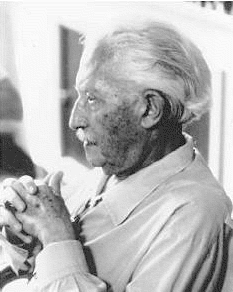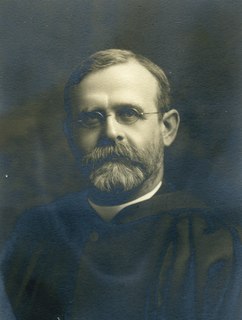A Quote by Sherrilyn Kenyon
A conviction is in the nature of a verdict and judgment, and therefore it must be precise and certain.
Related Quotes
I told that girl, in the kindest, gentlest way, that I could not consent to deliver judgment upon any one's manuscript, because an individual's verdict was worthless. It might underrate a work of high merit and lose it to the world, or it might overrate a trashy production and so open the way for its infliction upon the world. I said that the great public was the only tribunal competent to sit in judgment upon a literary effort, and therefore it must be best to lay it before that tribunal in the outset, since in the end it must stand or fall by that mighty court's decision any way.
Three characteristics a work of fiction must possess in order to be successful:
1. It must have a precise and suspenseful plot.
2. The author must feel a passionate urge to write it.
3. He must have the conviction, or at least the illusion, that he is the only one who can handle this particular theme.
We are deceived if we think that mind and judgment are two different matters: judgment is but the extent of the light of the mind. This light penetrates to the bottom of matters; it remarks all that can be remarked, and perceives what appears imperceptible. Therefore we must agree that it is the extent of the light in the mind that produces all the effects which we attribute to judgment.
The belief in God is not therefore based on the perception of design in nature. Belief in design in nature is based upon the belief in God. Things are as they are whether there is a God or not. Logically, to believe in design one must start with God. He, or it, is not a conclusion but a datum. You may begin by assuming a creator, and then say he did this or that; but you cannot logically say that because certain things exist, therefore there is a God who made them. God is an assumption, not a conclusion. And it is an assumption that explains nothing.
Faith affects the whole of man's nature. It commences with the conviction of the mind based on adequate evidence; it continues in the confidence of the heart or emotions based on conviction, and it is crowned in the consent of the will by means of which the conviction and confidence are expressed in conduct.




































